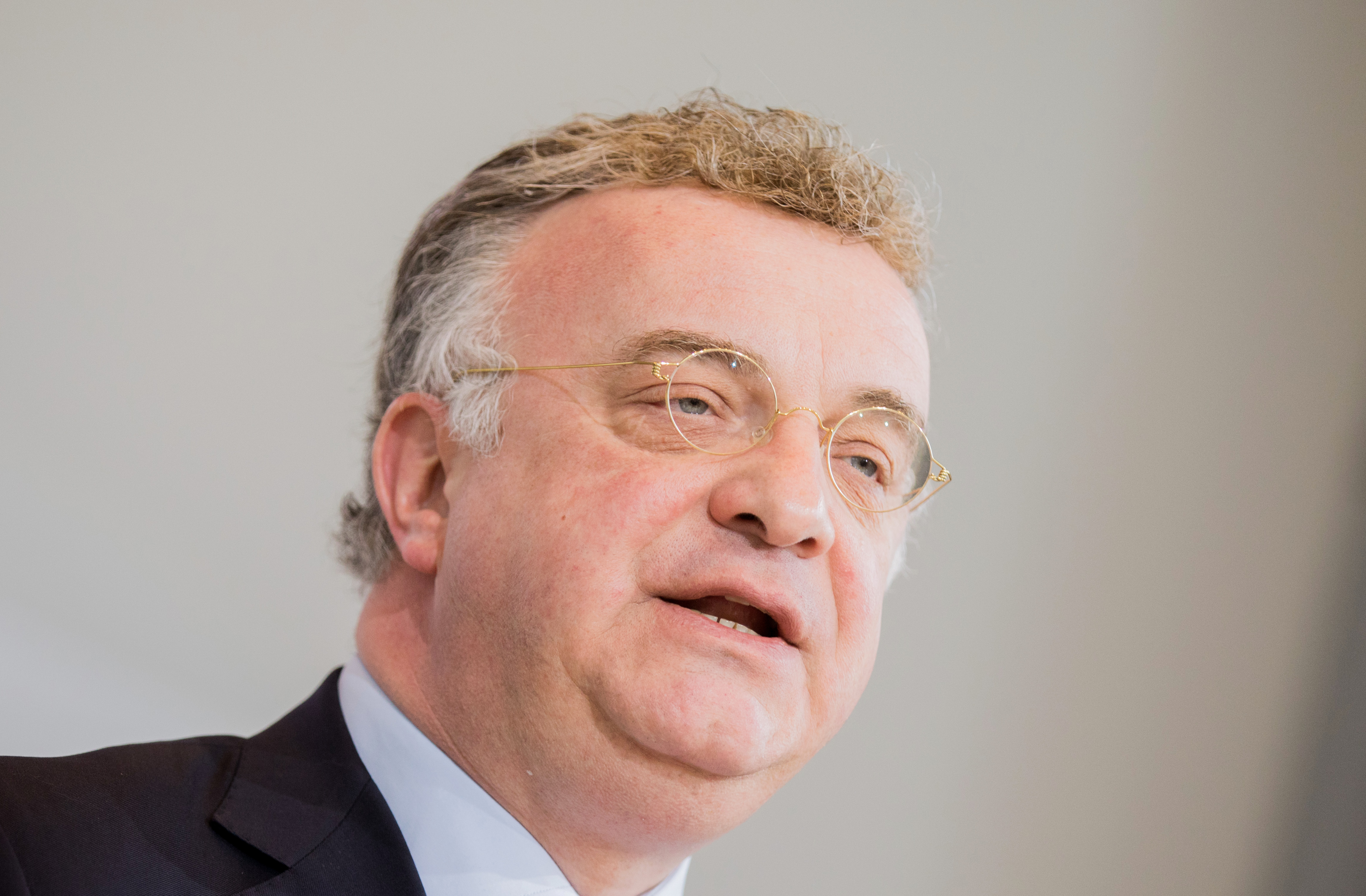
Sales increase The chemical industry is raging
As of: 06/09/2021 3:54 p.m.
The third largest German branch of industry has reached the pre-crisis level again. After growth in the first quarter, the chemical industry raised its forecast for the year. The pharmaceutical business in particular is doing better than expected. Despite the rise in raw material prices and delivery problems, the German chemical industry continued on its growth path in the first three months of the year. As announced by the German Chemical Industry Association (VCI), the sector increased its sales by 1.1 percent to 51.3 billion euros compared to the same period in the previous year. Production increased by 0.8 percent. Compared to the fourth quarter of 2020, sales growth was even 3.6 percent.
Again above pre-crisis levels
With the sustained upward trend, the third largest German industrial sector – after the car and machine builders – has already compensated for the corona dent. Production and sales are now back above pre-crisis levels. Above all, exports to EU countries increased. In addition, there was the increasing demand from Asia. The chemical industry was also able to grow in the German home market – thanks to higher prices.
“Hope for a good year in chemistry”
VCI President Christian Kullmann, who is also the head of the chemical company Evonik, was delighted with the development. “The first few months give hope for a good year in chemistry,” he said. “The demand for chemicals and pharmaceuticals is increasing.” The industry association is now even more optimistic about the year as a whole. For 2021, the VCI predicts sales growth of eight percent and an increase in production of 4.5 percent. So far, a plus of five percent in sales and an increase of three percent in production had been forecast.
 “The demand for chemicals and pharmaceuticals is increasing.” – VCI President Christian Kullmann Image: picture alliance / dpa
“The demand for chemicals and pharmaceuticals is increasing.” – VCI President Christian Kullmann Image: picture alliance / dpa
Price increases and corona vaccines as drivers
Strong price increases for the chemical and pharmaceutical products manufactured should make a significant contribution to this. The association is anticipating 3.5 percent higher prices for the year as a whole. The chemical industry is also benefiting from the corona vaccine boom. There are numerous suppliers for the vaccines from BioNTech, Moderna & Co, including Evonik and Wacker Chemie. You act as a technology supplier or as a contract manufacturer.
Worry about delivery bottlenecks
Only supply bottlenecks for materials and intermediate products are dampening the good mood in the chemical industry. “They are now affecting the operational processes of every second company,” warned VCI President Kullmann. However, the situation should ease again in the course of the year. In March, the blockade of the Suez Canal interrupted the supply chain from Asia in the chemical industry. Around 16 percent of chemical imports and 18 percent of exports take this route.
Huge green electricity demand for climate neutrality
In addition, the more stringent climate protection targets are making the industry difficult. “The way there remains in the fog”, said recently Wolfgang Große Entrup, General Manager of the VCI. “For the new goal, our industry needs more electricity than Germany currently consumes overall – as green electricity.” If the industry does not get competitive prices for electricity from renewable energies, it will not manage the energy transition. In spring 2020, the association presented a study in which it considers climate neutrality by 2050 to be technically feasible. For this, however, enormous additional amounts of green electricity are required. By the mid-2030s, the chemical industry’s electricity needs will increase more than tenfold. In addition, the electricity price would have to drop to four cents per kilowatt hour, demanded the VCI. The industry currently pays between eight and ten cents per kilowatt hour.
BASF is pushing ahead
VCI President Kullmann considers the renewed tightening of climate protection targets and the more rapid increase in CO2 prices called for by the Greens in their election manifesto as “irresponsible”. At the annual chemistry conference of the “Handelsblatt”, he warned that those who shackle the industry put the ax to their transformation. Good politics are based on incentives and not on bans. BASF is one of the first chemical companies to commit to reducing greenhouse gas emissions to zero on a fixed date. The people of Ludwigshafen want to become climate neutral by 2050. Among other things, one should help huge wind farm in the North Sea that BASF is planning together with RWE . The plant with a capacity of two gigawatts is to supply the Ludwigshafen chemical site with green electricity from 2030.





























































You must log in to post a comment.